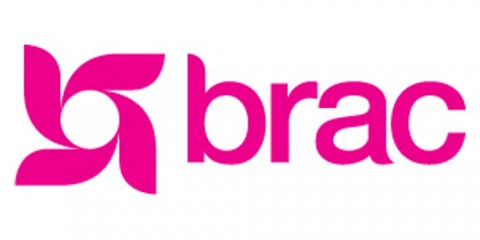Purpose
To increase sanitation coverage at scale with a special emphasis on reaching the ultra-poor, as well as innovation and replication of components
Activities
This grant supports BRAC’s WASH II program, operating in 250 upazilas (sub-districts) across Bangladesh, covering around half the country. The Foundation (BMGF) sought to reach at least 1.2 million persons with the funds it provided; as of December 2014, BRAC had reached over 4 million people with hygienic latrines through loans, grants and motivation. The project used a community-based integrated approach and also provided financial subsidies for the ultra-poor and loans for poor households. The project sought to increase sanitation coverage as well as sustaining it by strengthening demand, supply, finance, and enabling environment. Foundation-specific components included reaching the poorest; emptying pit latrines and producing organic compost from the composted waste; adoption of the approach by government and other NGOs, cost analysis (WashCost); and using smart phones for monitoring.
Countries of activity
Location of main activity
Objectives
Improved understanding of what it takes to reach the hardcore poor and greater effectiveness reaching them through the project
Improved understanding of long term sustainability and factors influencing it
Pilot-scale “sustainability” efforts to identify new solutions for pit emptying, including micro-production of organic fertilizer and producing energy from fecal sludge combined with agriculture waste
Availability of low cost latrine options for use in challenging areas
Adoption of components of the project model by local government and other agencies (e.g., use of twin pit latrines, copying of “sustainability” pilots)
Further information
Research or implementation partners: IRC Netherlands
Filter tags
Behaviour change Bill & Melinda Gates Foundation Community sanitation East Asia & Pacific Emptying and transport (non sewered) Enabling environment and institutional strengthening Faecal sludge treatment processes Fertiliser Local NGO Market development Peri-urban Political processes and institutional aspects Practitioners Public awareness, advocacy and civil society engagement Resource recovery Rural Rural areas Specific to one or several countries Urban informal settlements (slums)
Links

Uploaded by:
danijela milosevic (milli)















